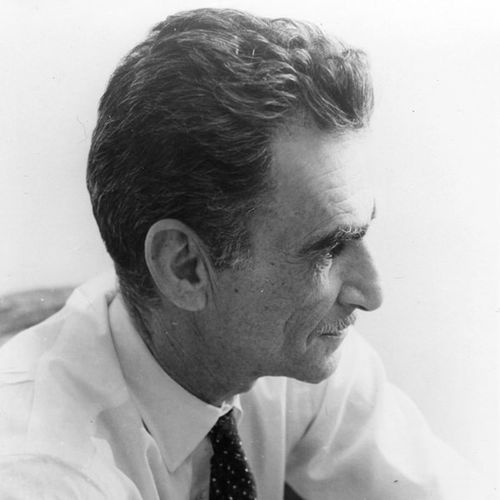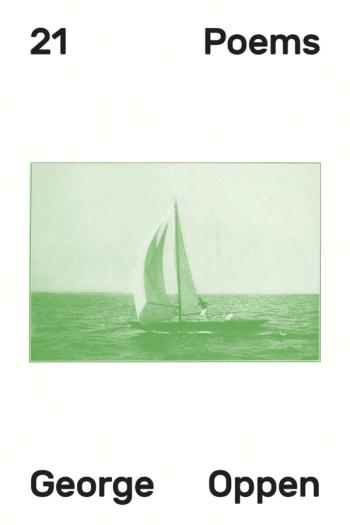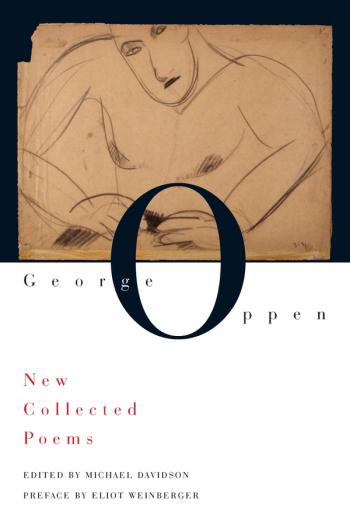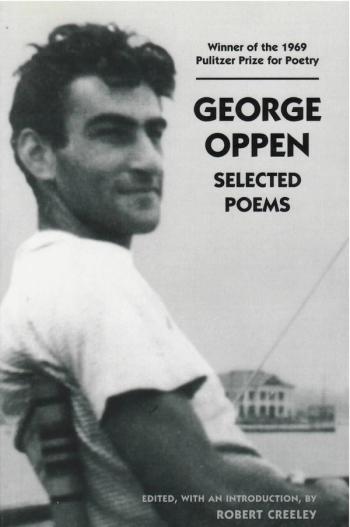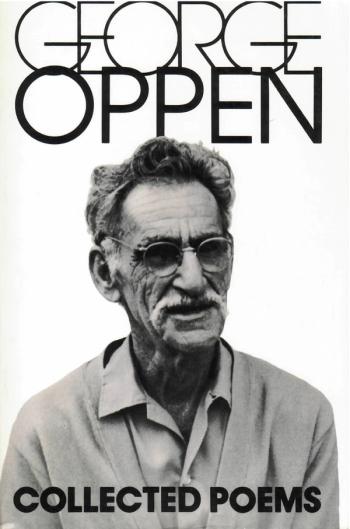George Oppen’s Selected Poems offers a selection of Oppen’s poetry from all his books published during his lifetime. Hailed by Ezra Pound as “a serious craftsman,” long overlooked by the establishment, and now revered as one of America’s most important poets, George Oppen has left a remarkable window into a world of lasting light and clarity. The Selected Poems is edited by Robert Creeley, one of our most respected contemporary poets, who also provides an informative introduction. In addition, this volume includes Oppen’s only known essay, “A Mind’s Own Place”; “Twenty-Six Fragments” Oppen scribbled on envelopes and scraps of paper found posted on his wall after his death, edited by Stephen Cope; as well as a chronology and bibliography put together by Rachel Blau DuPlessis, celebrated editor of Oppen’s letters. On his death in 1984, Hugh Kenner wrote, “George Oppen, gentlest of men…prized what took time, found the grain of materials, exacted accuracy.”
